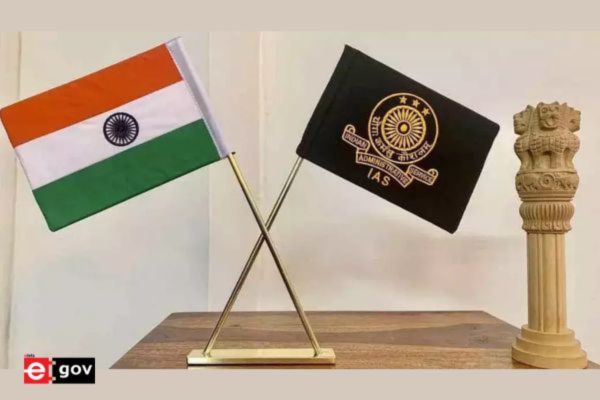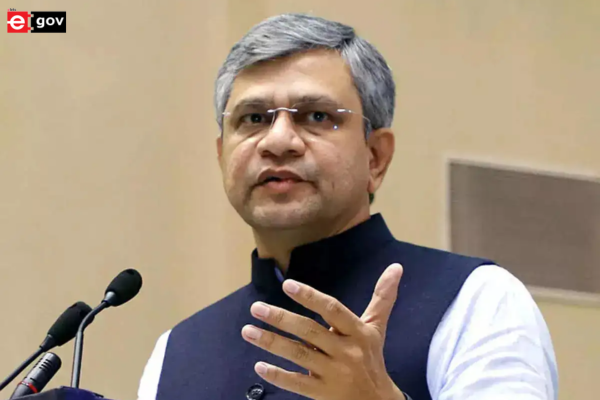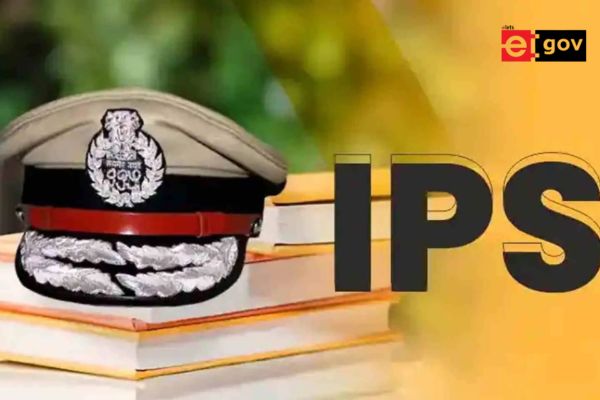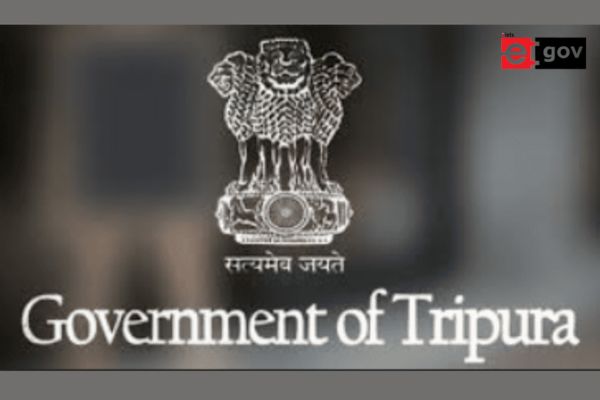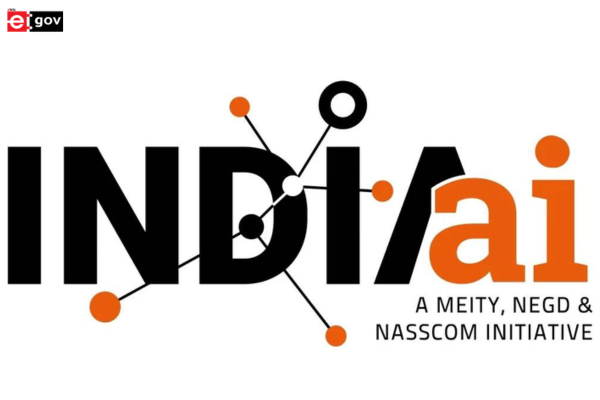SchoolNet Africa (SNA) is an African led and African-based independent non-governmental organisation (NGO) headquartered in South Africa. It is one of two continental schoolnet networks in the world, the other being European SchoolNet, operating as a network of networks which involves schoolnet practitioners, policymakers, teachers, learners, researchers, schoolnet organisations and international agencies operating in 33 African countries
The African schoolnet movement has evolved over the past decade as a growing, learning, information-sharing, knowledge-producing network of practitioners and policymakers in the application of educational technologies in African schools. Since its formal inception in 2001, with the support of the Open Society Initiative of Southern Africa (OSISA), SNA has consistently presented the African case for promoting the ‘Education for All’ objectives, education access, learning quality and management efficiency through the use of ICTs, with a distinctly African voice.

The term ‘schoolnet’ is a catch-all phrase for organisations and groups, both informal and formal, involved in promoting education through the use of new ICTs such as computer networks, email and the Internet in African schools. Lately the word ‘eSchools’ has also been adopted to refer to the same phenomenon. The concept refers to a network of schools that collaborate with one another on the basis of a technical and electronic network infrastructure facilitated by computers, email and the Internet. Such a technical network infrastructure facilitates the development of a stronger collaborative social network among learners, teachers and sometimes non-school community members to collaborate on learning experiences at local, regional and global levels.

Guiding principles
Among its guiding principles, SchoolNet Africa specifically promotes the following:

-
the right of every African child to have access to education, information and knowledge
-
affordable and sustainable solutions for ICT access for African schools
-
the creation of locally developed, digitised education content
-
expression through the recognition of indigenous African languages
-
multi-stakeholder partnerships within a progressive, development framework
-
gender integration and women’s empowerment.
Based on these guiding principles, SNA has developed policy statements with reference to technology choice, partnership with the private sector and is currently engaged in developing policy statement on gender equality, open content and local languages.

Integrated strategy
An education-focused integrated strategy has proven to be a crucial lesson learned over SNA’s first three years of existence. The ICT4D sector is characterised by generalised programmes on the promotion of human development through ICTs. SNA’s niche is its concentration on education in Africa and in demonstrating the educational value that ICTs add. In doing so, SNA continues to highlight the inter-relationships between various components of the application of educational technologies in schools. In defining an integrated strategy, SNA takes as its starting point, the conceptual framework provided by the SchoolNet Value Chain depicted in Figure 1. SchoolNet is consciously linking the various aspects of this value chain to promote a coherent concept.

Figure 1: The SchoolNet Value Chain
With reference to Figure 1, each of the chains are explained below:
-
School readiness: Experience to date has shown that considerable preparatory steps have to be taken to ensure that schools are ready to use the technologies for educational purposes. Some of the criteria for school-readiness include the following: awareness by school management of the advantages of ICTs for education, a dedicated space for installing ICTs, a plan and management system for using the ICTs.
-
Infrastructure: This includes the availability of basic infrastructure to enable the use of ICTs such as electricity, running water, school buildings.
-
Technologies: Various models are being developed to determine appropriate hardware, operating systems and software that would be conducive to school environments in Africa.
-
Teacher development: This includes not only dedicated projects for the development of teacher capacity in the use of ICTs, but in their specific integration into teaching systems and pedagogical models.
-
Content: This involves the production and consumption of local, relevant and appropriate education and social content and curricula through multi-media application of ICTs including community radio, television, the Internet and CD-roms.
-
School management: This includes the use of ICTs not only for the purposes of educational use, but for the management of education and schools through appropriate educational management information systems.
-
Policy and legislation: This provides an enabling environment for the development of school networking at national level. This incorporates policy frameworks that encourage access to ICTs as well as support from government ministries such as ministries of education, telecommunications, trade and industry.
-
Human resource capacity and champions: These include the need for human resources at local level who have the capability for managing school networking programmes at national and local levels and for dedicated champions to lead and drive the process.
-
Funding and sustainability: Many schoolnets are donor- supported. This highlights the need for the development of models for financial sustainability of schoolnets.
-
Partnerships: Schoolnets have been successful largely because they have been built on partnerships in which the key players are communities, government, the donor community and the private sector.
-
Research, learning and evaluation: To ensure and to maximise the benefits arising from access to, and use of ICTs by children and youth, an ongoing understanding of the educational impact is required.
The above critical success factors have been corroborated by two recent studies on the experience with ICT application in African schools. Both acknowledge the above-mentioned factors and reiterate that policy matters, and thinking big is important. But it is also equally important to implement on a smaller scale and champions and management do matter.
Flagship programmes
Foremost among SNA’s programmatic intervention over the years, has been its promotion of gender equality perspectives, the development of low cost sustainable access models, the production of African education content in local languages and the advantages of assistive technologies for learners with disabilities.
In the three years of its existence, SNA established one of Africa’s first multi-lingual education portals in 5 languages, reached over 8,000 youth and learners in Africa and internationally through its Global Teenager Project and ThinkQuest Africa/Mtandao Afrika programmes, established an African Teachers Network with capacity building programme that reached over 3000 African teachers, facilitated the establishment and promotion of 15 African schoolnet organisations and produced 13 research reports on access, capacity building and content issues including an African SchoolNet Toolkit in collaboration with its partners, the Commonwealth of Learning and the International Institute for Communication and Development (IICD).
Campaign for 1 million PCs for African schools
Much has been written on the value of ICTs for learning and teaching. However online curricula, education portals and web-based interactive learning are all dependent on learners and teachers having sustainable, quality access to ICTs and the Internet. Herein lies the essence of SchoolNet Africa’s ‘Campaign for 1 Million PCs for African Schools’ which was launched at the World Summit for the Information Society (WSIS) in December 2003. The Campaign is about resourcing the education system for improved learning and teaching by lobbying for high volume, low cost networked access to PCs and related ICTs for school communities.
The Campaign is an immediate outcome of two processes:
-
a series of research reports that investigate the experience with second hand, refurbished and dumped PCs in African schools
-
decision by a pan-African ‘ICTs for African Schools’ Workshop, hosted by SchoolNet Africa (SNA) and its partners in Botswana in April 2003, attended by schoolnet practitioners and policymakers from 25 African countries.
Building technical and managerial capacity among a community of African schoolnet practitioners linked to the local establishment of technical service centres (TSCs which were formerly referred to as refurbishment centres) as facilities for ICT access, refurbishment, deployment, maintenance and teacher training for their educational use in schools, forms the essence of SchoolNet Africa’s ‘Campaign for One Million PCs for African Schools’.
To date the Campaign has sourced its first 10,000 PC donation; hosted in-depth online discussions with an international network of practitioners; established a policy statement on refurbished PCs, a dedicated course on managing a TSC, trained practitioners on the TSC course and engaged in extensive lobbying and advocacy work with governments and at international policymaking forums.
It targets for the next two years are, to source 200,000 PCs; to develop it’s TSC course in French; to train 200 practitioners across Africa; to develop a dedicated training programme for women practitioners; to establish 10 TSCs; to conduct research on e-Waste policies ; to establish a Total Cost of Ownership (TCO) calculator which will serve as a monitoring and evaluation system that tracks progress towards sourcing, distributing and using the PCs in schools.
SchoolNet Africa as lead agency in the Campaign along with its African schoolnet partners will work with an extensive international network of partner organisations in achieving its targets. These include, among others, the Open Society Initiative for Southern Africa (OSISA) who invested significantly in the Campaign, the International Development Research Centre (IDRC), Community Education and Computer Society (CECS), Ungana Afrika, Computer Aid International (CAI) and the Global eSchools and Communities Initiative (GeSCI).
Case study: SchoolNet Nigeria
SchoolNet Nigeria (SNNG) emerged directly under the influence of its interactions with other schoolnet formations through the SchoolNet Africa formation process, particularly with SchoolNet South Africa. It was officially launched in September 2001, with high level support from the Ministries of Education, Communications and Science and Technology. It is established as a partner organisation of the Nigerian Education Tax Fund (ETF), which is a state fund based on 2 percent taxation of company profits in Nigeria. Since its launch, SchoolNet Nigeria has initiated a print media project in partnership with MTN, a pan African cellular network company, Direqlearn, which involves educational information and curriculum-focused inserts in Nigeria’s national newspapers. This ensures widespread distribution of education resources which is also a novel way of using traditional ICTs. In addition, SchoolNet Nigeria and the ETF partnered with a local company on a project to roll out computer laboratories of 20 computers on a low cost solution to an initial 35 schools which will move to scale in two years to reach 2000 schools. This project also involves training teachers in the use of the computers and in the use of a curriculum software called ‘LearnThings’. In addition, SNNG has partnered with the World Bank Institute on collaborative projects for learners and with SchoolNet Africa on its ThinkQuest Africa/Mtandao Afrika and Campaign for 1 Million PCs programmes. SNNG has, in addition, adopted the dual-use approach to schools in their network where school computer labs function as cyber cafes and computer training centres for the community. Furthermore, they are currently in the process of establishing 6 technical service centres (TSCs) in partnership with a local company. SchoolNet Nigeria has shown great innovation in the way it has forged partnerships with government institutions, the private sector and school-based communities.

To date, school networking has demonstrated the potential of ICTs in advance greater access to learning (as demonstrated by the SchoolNet Nigeria case), in improving the quality of education (as demonstrated by SchoolNet Namibia’s focus on ICTs for learners with disabilities and how this has given learners incentive and motivation to learn) and in enhancing gender parity (as demonstrated by the work of SchoolNet Uganda in their focus on technical training for women teachers). However, these remain small scale, largely pilot-centred initiatives and making a difference requires larger scale interventions that will effect systemic change. Here some schoolnets are in the process of engaging as part of national programmes, led by government. The establishment of the New Partnership for Africa’s Development (NEPAD) eSchools programme which involves support from heads of states and ministries of education from more than 20 African countries, holds immense potential for greater government commitment to promote ICT-enabled education.
The future of school networking
Over the years, SNA has appreciated the importance of systemic, integrated solutions. It has learned the necessity of combining local leadership, enabling policy, harnessing the diverse capabilities of partners, both locally and internationally, and investing in local skill development, innovation and creativity of learners, teachers and practitioners which together comprise the basic ingredients of a winning formula for confronting the education challenges faced by the school system in African countries. In addition to this, the necessity of dedicated national budgets, partnership with the international donor community and the private sector and the conscious involvement of the school communities in establishing an evolving process that is financially sustainable. It is hoped that the World Summit on the Information Society (WSIS), the growth of the NEPAD eSchools Programme, the establishment of the GeSCI will add significant value towards achieving these goals.
Be a part of Elets Collaborative Initiatives. Join Us for Upcoming Events and explore business opportunities. Like us on Facebook , connect with us on LinkedIn and follow us on Twitter, Instagram.
"Exciting news! Elets technomedia is now on WhatsApp Channels Subscribe today by clicking the link and stay updated with the latest insights!" Click here!




